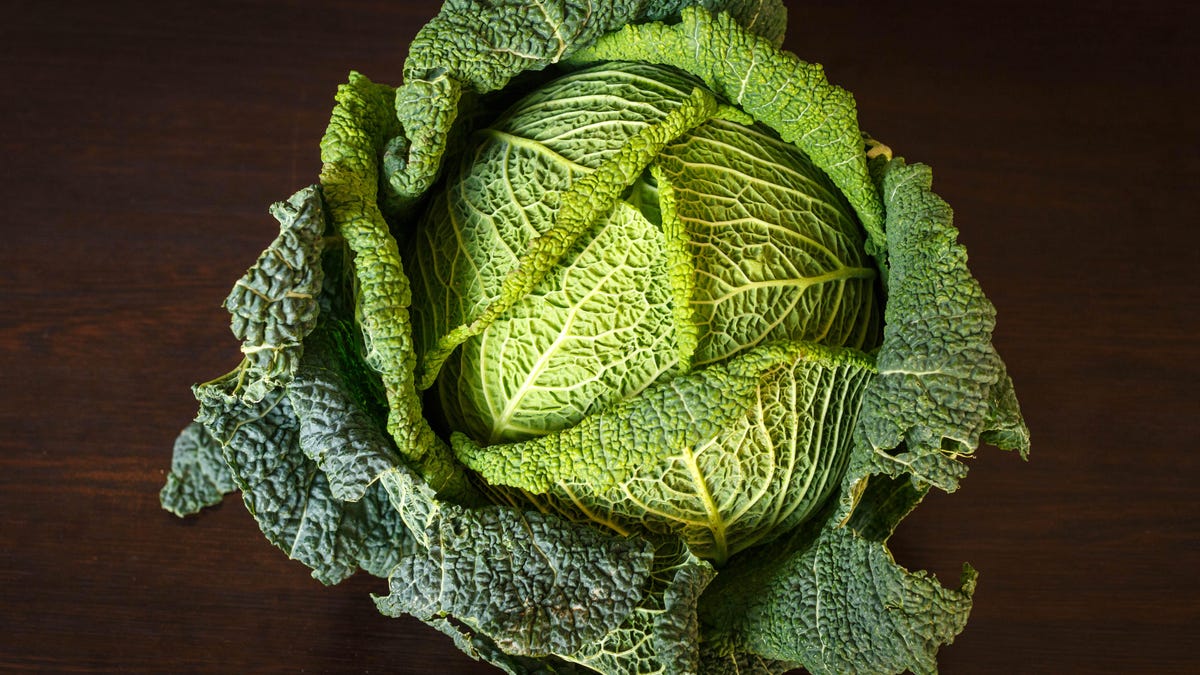Walmart picks blockchain to track food safety with veggie suppliers
The company will be able to track exactly where that head of romaine lettuce came from.

Walmart will use blockchain to track leafy greens.
Want to sell your vegetables through Walmart's formidably large network of stores? Better get on the blockchain.
Blockchain, a technology for creating a single ledger of transactions shared among the many parties involved, is potentially a big deal. That's certainly how Walmart sees it, requiring all suppliers of leafy green vegetables for Walmart's 5,358 stores to track their food with blockchain within one year to improve food safety.
Blockchain is in a bit of a rough patch right now, as some skeptics roll their eyes at attempts to cure all the world's ills with the technology. But that doesn't mean it's complete bunk. Walmart's endorsement shows a major corporate power believes that tracking food shipments can be a lot better with blockchain's distributed ledger.
"Our customers deserve a more transparent supply chain," said Frank Yiannas, vice president of food safety for Walmart, in a statement Monday. "This is a smart, technology-supported move that will greatly benefit our customers and transform the food system."
Blockchain got its start as the accounting system for bitcoin and later other cryptocurrencies, but it can be used to record other information besides money transfers. In Walmart's case it offers a way to find out exactly where each batch of spinach or lettuce comes from and where it went in order to protect against problems with foodborne illnesses, the company said.
Lots of tech companies are trying to cash in on blockchain enthusiasm with services and software to ease its adoption. In Walmart's case, blockchain booster IBM was a major partner.
Taking It to Extremes: Mix insane situations -- erupting volcanoes, nuclear meltdowns, 30-foot waves -- with everyday tech. Here's what happens.
Blockchain Decoded: CNET looks at the tech powering bitcoin -- and soon, too, a myriad of services that will change your life.

